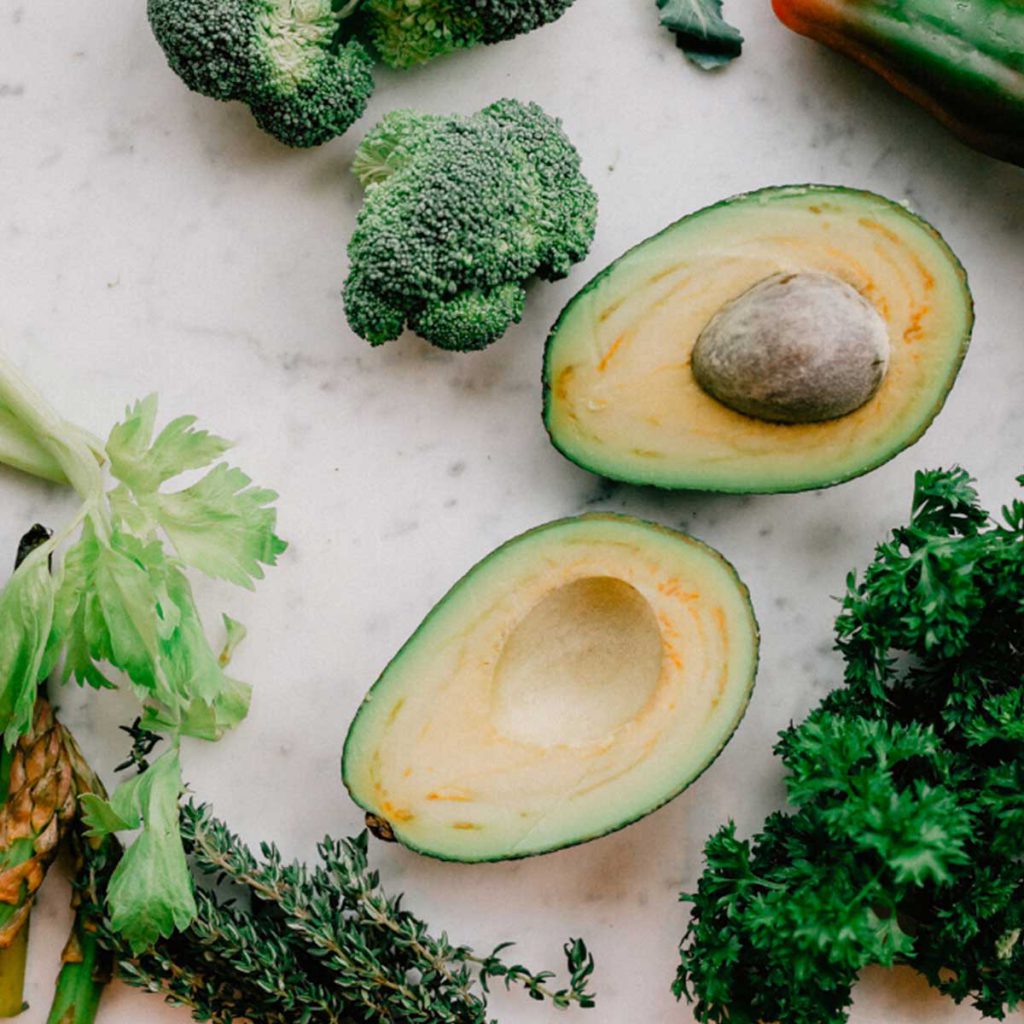
Is fresh best?
Fresh fruits and vegetables taste really good but time is a critical factor. Nutrient losses begin shortly after fruits and veggies are picked. By the time fresh produce arrives at your grocery store, there’s a good chance it’s already lost some vitamins. To help maximize nutritional value, choose locally-grown, in season varieties and aim to eat your fresh produce as soon as possible.
Fresh fruits and vegetables are easy to eat on the go. Whenever you leave the house, pack items that you can easily take with you, like grapes, oranges, and baby carrots for a nutritious snack later. These can help you feel energized and keep you from reaching for a not-so-healthy snack at a vending machine.
Can you go canned?
Canned fruits and veggies are picked off the vine at the peak of ripeness, although the high heat used in the canning process can remove some of the water-soluble vitamins. However, these water-soluble vitamins can also be lost during transport of fresh produce. So by the time canned produce is consumed, the nutrient amounts may be similar to fresh produce.
Inexpensive and available year round, canned vegetables can be easily incorporated in recipes because they’re already cooked. A drawback to consider is that sodium is usually added to preserve canned veggies. To make a healthier choice, look for varieties that are labeled “no added salt” or “low-sodium.” If you can’t find your favorite canned vegetables in low- or no sodium-varieties, try draining and rinsing the vegetables under cold-running water before cooking to remove some of the sodium content. Canned fruits may contain added sugars. Look for options that are packed in water or their own juice and avoid any fruit packed in syrup. It’s best to consume canned produce right after opening for optimal flavor and nutritional value.
How do frozen fruits and veggies fit in?
Produce for freezing is also picked at their peak and frozen quickly to preserve nutrients. Frozen fruits and vegetables last for several months in the freezer and can be a more economical choice for people trying to eat healthy on a budget.
When shopping for frozen veggies, watch out for added fat and sodium from sauces and seasonings. Go for the plain varieties and season them at home with your own spices and herbs. Frozen fruits come in both sweetened and unsweetened varieties, so be sure to choose ones labeled as 100% fruit without added sugars.
The bottom line
Eat more fruits and vegetables in whatever form you enjoy, whether it be fresh, canned or frozen. Choosing produce over less healthy items, like heavily processed foods, delivers more nutritional value and is better for your health and waistline. Relying on a mix of fresh, frozen and canned fruits and vegetables can help ensure you’re meeting the number of recommended servings each day.
Sources:
Thalheimer, J. Treasures of Frozen Produce. November 2015. Retrieved from: http://www.todaysdietitian.com/newarchives/1115p30.shtml
Wolfram, T. Fresh, Canned or Frozen: Get the Most from Your Fruits and Vegetables. November 2017. Retrieved from: https://www.eatright.org/food/nutrition/nutrition-facts-and-food-labels/fresh-canned-or-frozen-get-the-most-from-your-fruits-and-vegetables
About the Buzz: Frozen and Canned Fruits and Vegetables VS Fresh. Retrieved from: https://www.fruitsandveggiesmorematters.org/frozen-and-canned-fruits-and-vegetables-vs-fresh
Duncan. A. Canned, Frozen Fruits and Vegetables Offer Advantages. March 2017. Retrieved from: https://www.bestfoodfacts.org/canned-frozen-fruits-and-vegetables/
Li, L., Pegg, R. B., Eitenmiller, R. R., Chun, J., & Kerrihard, A. L. (2017). Selected nutrient analyses of fresh, fresh-stored, and frozen fruits and vegetables. Journal of Food Composition and Analysis, 59, 8-17. https://www.sciencedirect.com/science/article/pii/S0889157517300418
Rickman, J., Barrett, D., and Bruhn, C. Nutritional comparison of fresh, frozen and canned fruits and vegetables. Vitamin A and carotenoids, vitamin E, minerals and fiber. Journal of the Science of Food and Agriculture, Vol. 87. Issue 7, pp 1185-1196, May 2007. http://agris.fao.org/agris-search/search.do?recordID=US201300864107
Barrett, D.M. (2007). Maximizing the nutritional value of fruits and vegetables. Food Technology 61(4):40-44. http://ucce.ucdavis.edu/files/datastore/234-780.pdf


